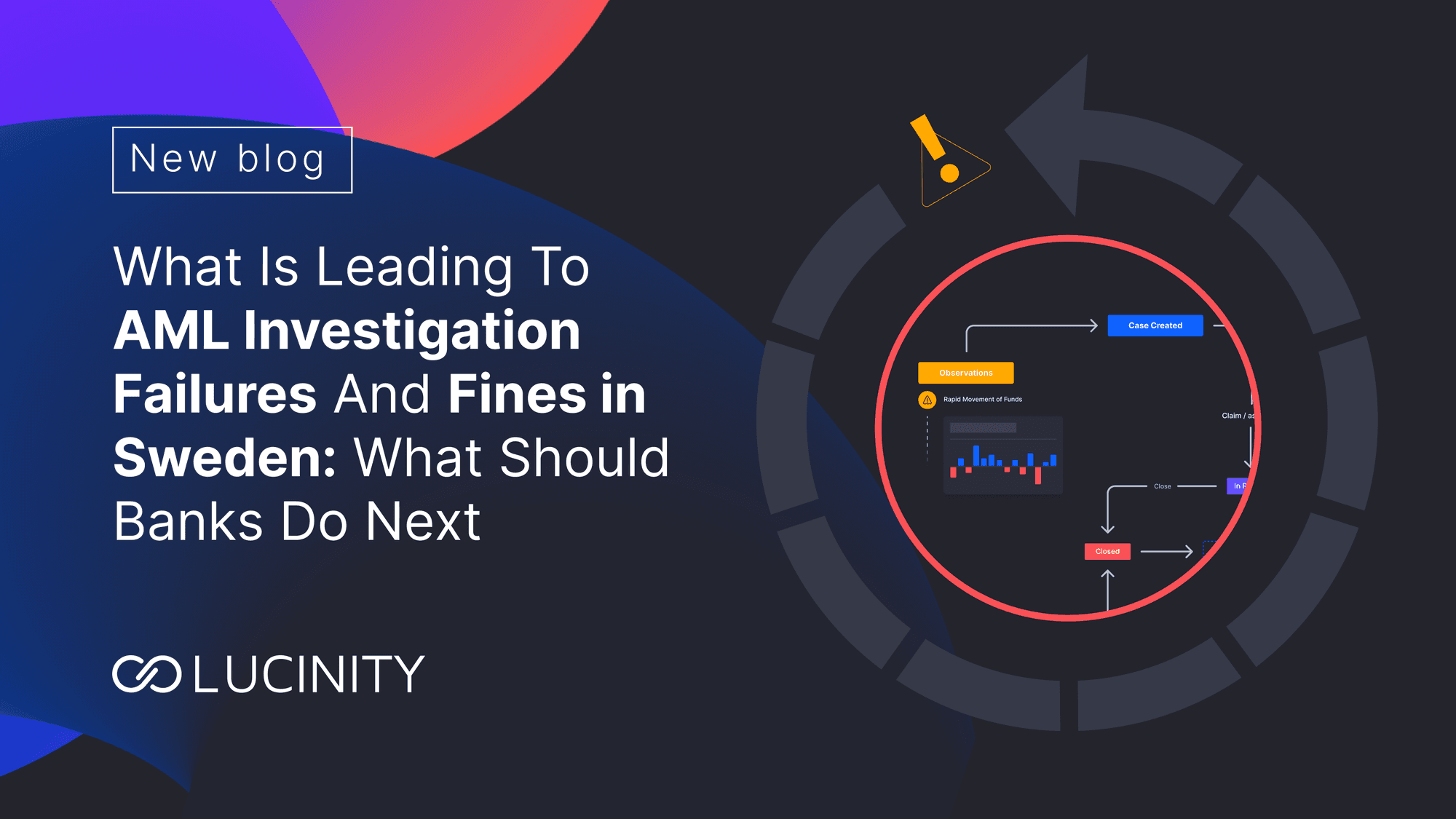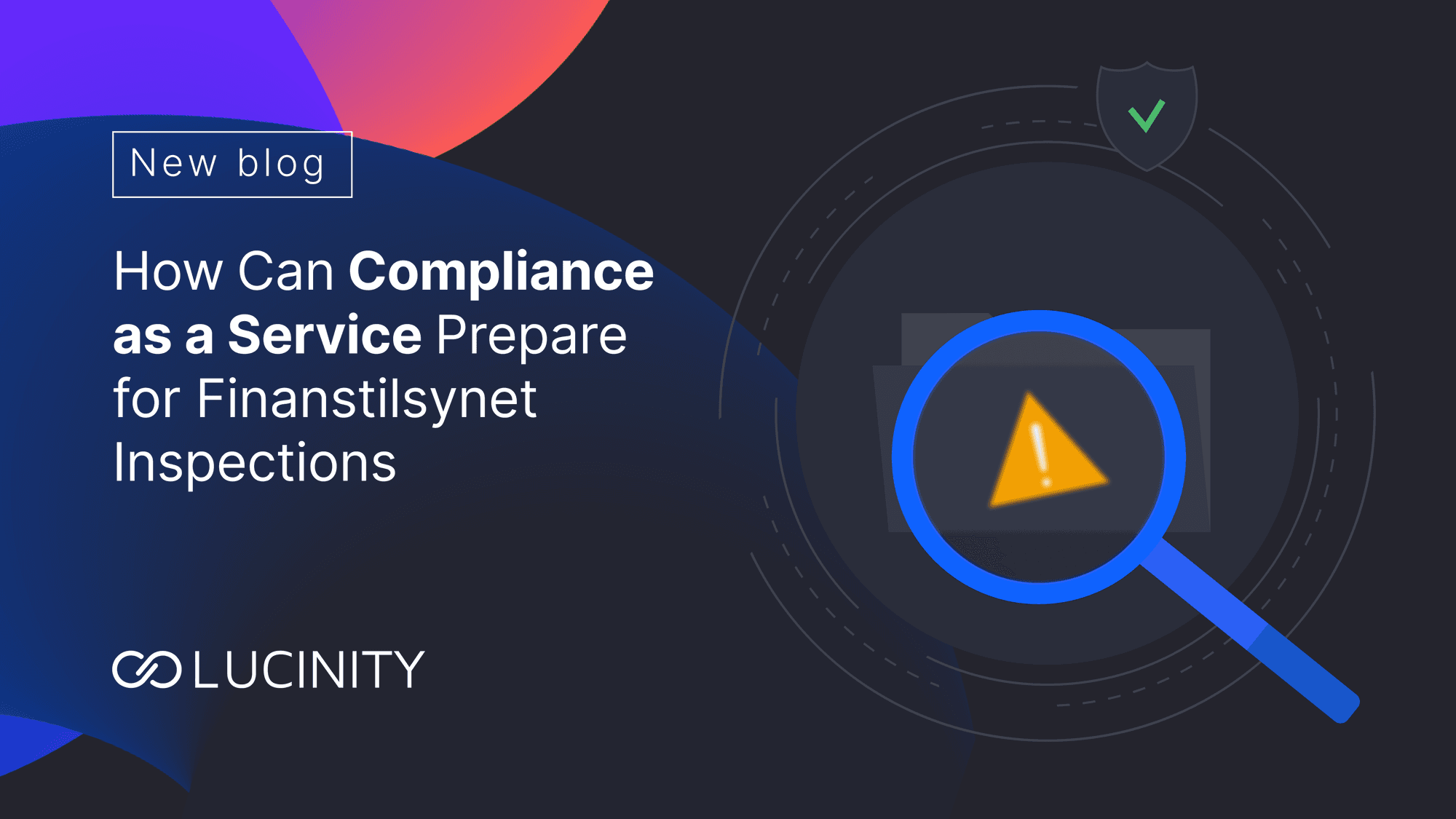Commenting on FinCEN’s ANPRM (Part 1)
FinCEN's latest ANPRM brings discussions about better risk assessment and management procedures, improved communication, and better technology tools.
In this content series, we examine different angles of the FinCEN anti-money laundering ANPRM released in September 2020.
When FinCEN published the latest ANPRM, we were excited to see them discuss the need for better risk assessment and management procedures, improved communication between different parties, and the technology tools to enable these and other steps forward.
This initiative demonstrates national and global authorities’ intention to take a more active role in preventing a severe problem. Our field’s path towards success includes three pillars that must collaborate and support one another; financial institutions, technology companies, and authorities each have a critical role to fill. The synergy between all three is equally important.
Why Tech Companies Must Join the Conversation
The Financial Crimes Enforcement Network (FinCEN), which is part of the U.S. Department of the Treasury, is responsible for the data collection and analysis efforts in the battle against financial crimes, including money laundering. While this is technically a national authority, it has significant international influence both in terms of the issues it handles and as a global trendsetter.
In September 2020, FinCEN issued an Advance Notice of Proposed Rule-making (ANPRM) that’s worth noting by everyone in the anti-money-laundering (AML) arena. The ANPRM aims to modernize current AML efforts and march them forward with the right approach and tech tools. Within, FinCEN discusses technology’s role in improving AML work, and the importance of building programs that can appropriately assess and manage risk and increase the effectiveness and efficiency of AML programs.
“The proposals under consideration are intended to provide financial institutions greater flexibility in the allocation of resources and greater alignment of priorities across industry and government, resulting in the enhanced effectiveness and efficiency of anti-money laundering.”
When publishing its ANPRM, FinCEN invited financial institutes and relevant companies and individuals to comment on the advanced notice. The authority wanted professionals in the field to offer words of wisdom in favor or against the ideas discussed in it. The following content series will present a few interesting concepts that came up as we researched FinCEN’s initiative and the response it received. We’ll talk about the content of the proposed legislation and the responsibility of different parties to make AML efforts a success.
No comment?
We were happy to offer our thoughts on the FinCEN ANPRM because we consider it both an opportunity and an obligation to comment on upcoming regulations. Those of us who live and breathe AML technology already dedicate a significant amount of time to discussing the necessary improvements and the required means to make them a reality. When we were given a chance to share these shower thoughts and water cooler talks with the authorities shaping the future of AML, we knew that there’s no way would pass this up.
This is especially true considering the emphasis FinCEN places on technology in the recently-published ANPRM. The importance of tech-savvy debate participants grows when we consider that most AML challenges reported by banks are tech-related. These include a high percentage of false positives, failing to automate manual tasks, and more.
We were hoping to see more technology companies and relevant entrepreneurs comment on the proposed legislation and were somewhat disappointed to learn otherwise. Most comments were submitted by banks, consulting firms, and other traditional players in the field. Although technology companies are most likely to find the solution to money laundering problems, many of our wise and creative colleagues chose to remain silent when it was just the time to speak up.
Why has this happened?
We can think of a couple of possible explanations:
1. Lack of interest
Tech companies are focused on developing practical, tech-based solutions. Some of them simply don’t believe that regulation is the key to success in the AML field. Or have a very limited interest in working with the regulators. The solutions they build don’t depend on public authorities’ external support, and there’s little, if any, synergy between the two players.
2. Lack of trust
When it comes to the public, national authorities, some tech leaders have become a bit cynical over time about the current system’s ability to offer real AML solutions. They have little confidence in the system and fail to believe that sharing their thoughts with authorities can drive change. While we agree that a systemic change is in order, there’s still plenty of value to collaborations between different players in the AML field. Regulations will always matter, and this pragmatic and practical approach can benefit both tech companies and authorities.
It’s not too late
While the above logic may seem reasonable to many, we believe that there are plenty of reasons to join hands and work together with national and international authorities. They will offer guidelines to financial institutes and pave the way for extended use of AML technology.
As tech leaders, we can offer practical use cases that harness regulation and enhance it. The same way financial criminals rely on technology, so must those fighting them. Technology-focused knowledge is needed to make sure that the debate remains actionable and accurate. We are proud of the many tech advancements taking place in our industry and the talent leading them. These voices must be heard and help impact the future of compliance. Otherwise, we’ll continue to discuss “technology” in general and not specific solutions like AI. By doing so, we might be missing the whole point.
Both financial institutions and authorities rely on our professional knowledge, and we need to offer it whenever we can. In our world, regulations boost the use of compliance-focused technology, and technology makes solutions in the field achievable. It’s a two-way street.
The time to submit comments may be over, but the online stage to publicly discuss this initiative is still open. We’d love to hear from our colleagues in the AML and AI industries. Share your thoughts on your company blog, LinkedIn profile, or our blog, right here. We have no doubt that by speaking your mind, you’ll be making a meaningful contribution to our crucial joint mission of preventing money laundering crimes worldwide.





